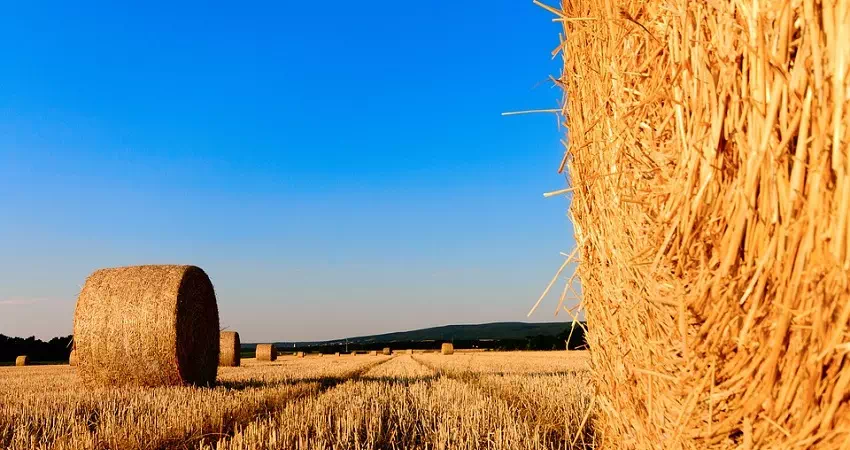
New Delhi Chief Minister Arvind Kejriwal on Tuesday said the Delhi government will begin splashing "Pusa bio-decomposer" solution from October 11 to forestall stubble burning in non-basmati rice fields in the national capital. Researchers at the Indian Agricultural Research Institute, PUSA, have discovered an ease, straightforward and successful approach to manage the issue of stubble burning, he said.
"They have created 'bio-decomposer' cases, which are utilized to set up a fluid definition. The solution, when splashed in the fields, can disintegrate crop build-up and transform it into compost," Kejriwal said in the wake of investigating his administration's unified bio-decomposer framework set up in Kharkhari Nahar town in southwest Delhi. Additionally Read - Fire occurrence announced at PVC sole processing plant in Narela
The solution builds soil richness and diminishes the utilization of composts, he said. This year, the Delhi government will utilize the arrangement on the land where non-basmati rice is developed.
"We have assessed that Rs 20 lakh is expected to oversee stubble in 800 hectares of rural land in Delhi through this arrangement. It incorporates the expense of readiness, transportation and showering," he said.
Ranchers need to simply give their assent and the Delhi government will splash the arrangement in their fields liberated from cost, he said. It takes seven days to set up the arrangement, which has jaggery and chickpea flour as fixings. The showering will start on October 11, the Chief Minister said. On the off chance that this ends up being effective in Delhi, it tends to be a decent answer for the issue of stubble consuming in the neighbouring states as well, he said.
Delhi Environment Minister Gopal Rai stated, "We need to make a model in Delhi so no administration can concoct a rationalization (on the issue of stubble burning)." When there is an option accessible, each one of the individuals who genuinely need to decrease contamination should utilize this, he added.
The solution being set up at Kharkhari Nahar will be sufficient for around 1,300 ranchers in Delhi, Rai said. The priest said ranch fires in neighbouring states contribute up to 44 percent of Delhi's contamination during the reaping season. Inquired as to whether the strategy will be actualized in different states also, Rai said it relied upon their will to do it.
"We have just spoke to them to execute it. On the off chance that we can set up a brought together framework for it in Delhi, they can do it as well," he said.
Coming Soon...!
Comments (0)